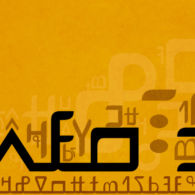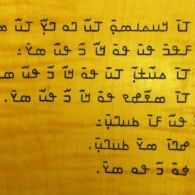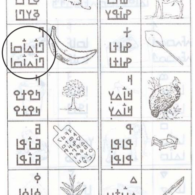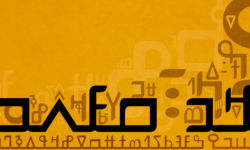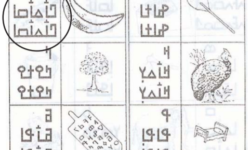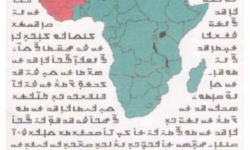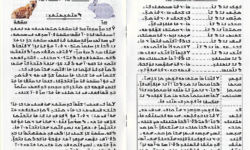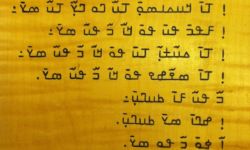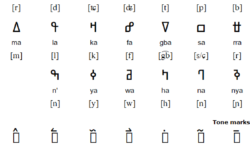Profile
N’Ko is one of a startling number of indigenous scripts from West Africa, and (along with Vai) one of the most successful. It was created around 1949, by Soloymana Kanté of Kankan, Guinea, in order to write the Mandenkan languages of Mali, Guinea, Gambia, Côte d’Ivoire, Burkina Faso, Senegal, Liberia, Guinea-Bissau and Sierra Leone.
Kanté reportedly created the script in a defiant spirit – in response to a newspaper article reflecting the colonial misconception that Africans were culturally inferior due to their lack of indigenous writing systems.
N’Ko – which means “I say” in all the Manding languages – was invented in Bingerville, Côte d’Ivoire and then brought to Kanté’s natal region of Kankan, Guinea before being disseminated into other Manding-speaking parts of West Africa, where Kanté committed himself to helping the speakers of Mande languages achieve literacy in his writing system. As a result, he authored works on many subjects – the history of the Mande people, science, healing arts, mathematics and religion – writing the books himself, by hand.
Since its invention, the alphabet has acquired a life of its own. A grassroots movement promoting literacy by using the N’Ko alphabet has blossomed across West Africa from Gambia to Nigeria, wherever there are speakers of Mande languages, despite the fact that these countries use French and English as official languages.
Dwayne Rainwater, a Bible translator, reported that N’Ko is seeing gradual growth in West Africa:
There are even N’Ko schools (complete with some books written in N’Ko). We are also putting our translations into N’Ko as there is a significant portion of the population that can already read and write N’Ko. There are several books written in N’ko including a good-sized dictionary which I use all the time in my work.
Publications include a translation of the Qur’an, a variety of textbooks on subjects such as physics and geography, poetic and philosophical works, descriptions of traditional medicine, a dictionary and several local newspapers. In a slightly adapted form, N’Ko has also been used for traditional religious publications in the Yoruba and Fon languages of Benin and southwest Nigeria.
The script is now included in the Unicode standard, and can be used on most computers and phones. N’Ko is even celebrated on its own Alphabet Day, 14 April – the date in 1949 when the script is believed to have been finalised. And Baba Diané, a linguist based in Egypt, has written a book about indigenous African writing systems in N’Ko – possibly the first example of a book about endangered alphabets written in an endangered alphabet.
–Edited and updated by Eddie Tolmie.
You can help support our research, education and advocacy work. Please consider making a donation today.
Links
General Script, Language, and Culture Resources
- Omniglot
- Wikipedia
- Unicode (PDF)
- N’Ko Lesson Video
- Learn World Alphabets App
- GitHub N’Ko Script Summary
- N’Ko Alphabet Article
- ThoughtCo. N’Ko Article
- Scriptsource
- N’Ko Institute of America Publications
- N’Ko Books
- Everyone Speaks text Message Article
- Electronic library of N’ko books
- Maninka/N’ko corpus of texts
- News and features in N’Ko
- News and features in N’Ko
- Dictionary, thesaurus and other language information
